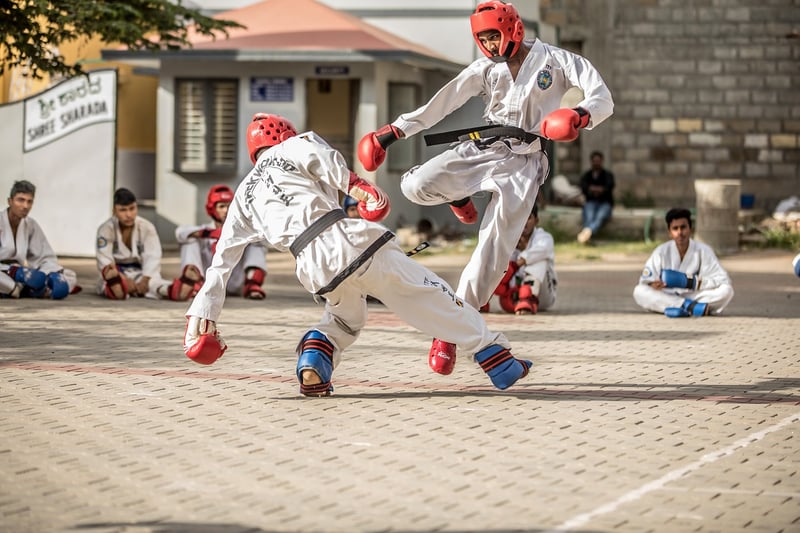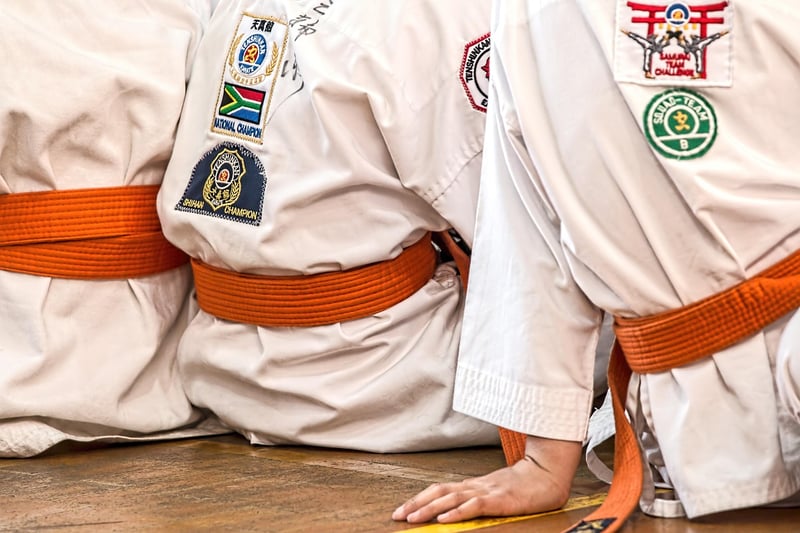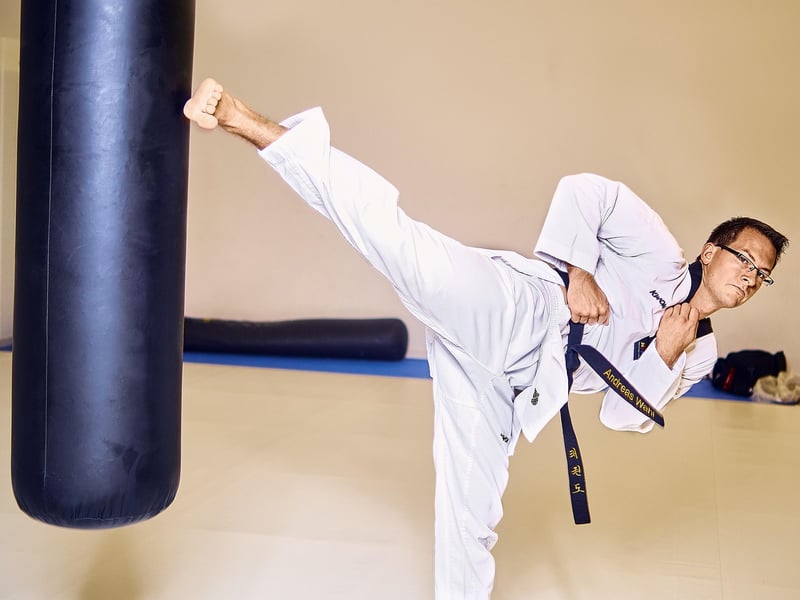Taekwondo
The Art of Self-Defense and Discipline in Taekwondo
Taekwondo is a traditional Korean martial art known for its dynamic kicks, punches, and blocks. Beyond its physical techniques, Taekwondo instills valuable life skills such as self-defense and discipline. Let's delve into how this martial art can empower individuals both mentally and physically.
Self-Defense in Taekwondo
One of the core principles of Taekwondo is self-defense. Practitioners are trained not only in the execution of powerful strikes but also in the art of situational awareness and conflict resolution. By learning self-defense techniques in Taekwondo, individuals can feel more confident and prepared to protect themselves in real-world scenarios.

The Role of Discipline
Discipline is fundamental in Taekwondo training. Students learn to respect their instructors, fellow practitioners, and the art itself. Through consistent practice and adherence to the tenets of Taekwondo, such as courtesy and integrity, individuals develop a strong sense of discipline that extends beyond the dojang, or training hall.

Benefits of Self-Defense and Discipline
By combining self-defense techniques with discipline, Taekwondo offers a holistic approach to personal development. Practitioners not only improve their physical fitness and combat skills but also cultivate mental resilience and emotional control. These benefits are invaluable in both self-defense situations and everyday life.
Key Takeaways:
- Self-defense training in Taekwondo enhances confidence and preparedness.
- Discipline in Taekwondo fosters respect, consistency, and self-control.
- The integration of self-defense and discipline leads to holistic personal development.
Whether you are looking to improve your self-defense skills, enhance your discipline, or seek a well-rounded martial arts experience, Taekwondo offers a path to self-improvement and empowerment. Embrace the journey, and discover the transformative power of this ancient martial art.
